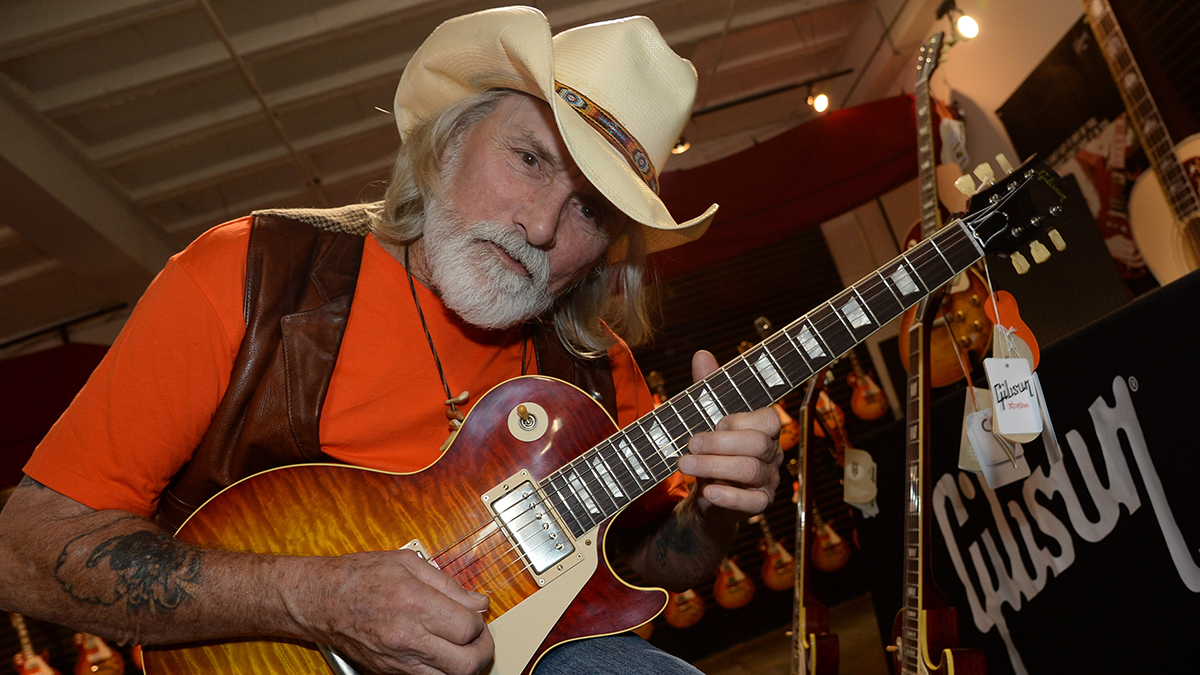ZHUKOVSKY, Russia (AP) — Russia's top athletes reacted with anger after the news broke Thursday that their track and field team would remain banned from next month's Rio de Janeiro Olympics.
Two-time Olympic champion pole vaulter Yelena Isinbayeva, the team's biggest star, wrote on Instagram that without Russia, historically a track superpower, only "pseudo-gold medals" would be on offer at a devalued Rio Olympics.
The Court of Arbitration for Sport's decision — to reject an appeal against an earlier ban — marked the "funeral" for track and field, Isinbayeva told state news agency Tass.
At a competition near Moscow that had been scheduled as a final tune-up before the games, most athletes saw the ruling as fundamentally unjust, and based on unfair allegations of mass doping and government cover-ups.
"It's a big blow for me personally and for the athletes," said world high jump champion Maria Kuchina, who would have been a strong contender for gold at her first Olympics.
Three hours after news came through that Russia's appeal against the ban by the International Association of Athletics Federations had been rejected, Kuchina leapt 2 meters in front of the sparse crowd. The jump would have been good enough to have won the gold medal at the European championships earlier this month — if she and the rest of the Russian team had not been suspended.
"Despite all the difficulties and problems, we kept training," she said. "Today I showed that I'd be in contention for the Olympic podium, regardless of the news today."
U.S. & World
The day's top national and international news.
A string of reports from the World Anti-Doping Agency and an IAAF taskforce that focused on widespread doping in Russian track and field, along with alleged cover-ups involving high-ranking government officials, have done little to convince Russian athletes that their team deserves punishment.
"A lot of the facts aren't confirmed, it's complete slander and they're still putting pressure on us," said Vera Rudakova, one of the world's top young hurdlers.
Bans for individual dopers are fair, but not the exclusion of a whole team, hurdler Timofey Chaly argued.
"It's dishonest," he said. "There are people who decided for themselves that they can dope and maybe somehow they'd get away with it. That didn't happen and they got bans, that's fair."
Russia's ban contained a bitter irony for former European javelin champion Vera Rebrik, who switched allegiance from Ukraine to Russia in 2014 after her home region of Crimea was annexed by Russia. She will now miss the Olympics because of her new nation's ban.
"I don't know whether to laugh or cry," she told state TV.
A minority of Russian athletes think the cloud has a silver lining.
A ban from Rio could be the incentive needed for Russia to take action, according to hammer thrower Sergei Litvinov, a strident anti-doping voice on the Russian team.
He told The Associated Press that Russian athletics officials failed to act on doping in time and hopes "that this situation can encourage the management" to push through reforms. Litvinov says the next step for international authorities should be to investigate what he believes are Russian-style organized doping schemes in other countries.
"I want all (doping) systems to be shut down. Not just ours, but all of them," Litvinov said.
As it stands, Russia's once-vaunted track team could be reduced to just a single athlete at the Rio Olympics.
Long jumper Darya Klishina was exempted from the ban by the IAAF because she lives and trains in Florida at an academy run by sports marketing company IMG and has been tested for years by the U.S. anti-doping agency, not Russia's scandal-hit equivalent.
However, some Russian fans have turned on her since she received permission to compete, calling her a traitor and demanding she refuse her Olympic spot in solidarity with banned teammates.
But those same teammates want Klishina to succeed.
Kuchina said Thursday she will "obviously" support Klishina.
"I don't think she's a traitor," Rudakova said. "The IAAF gave us its criteria and Dasha was lucky that it worked out for her...We'll cheer her on," she added, using Klishina's nickname.
The IAAF has also allowed Russian doping whistleblower Yulia Stepanova to race, but the 800-meter runner is struggling with injury and has not set a competitive time this year.
Regardless of their views on Russia's doping scandal, almost all of its athletes must now rebuild their careers and hope to return to international competition next season.
Outspoken in his criticism of dopers, Litvinov even asked the IAAF to give him more doping tests.
Now in the same boat as his less strident teammates, he says all that's left is to "try not to lose motivation for next year."



